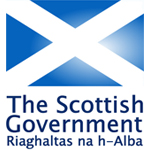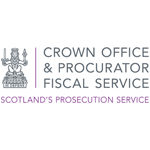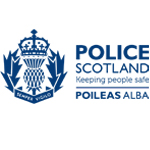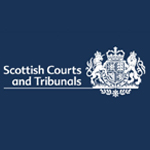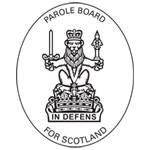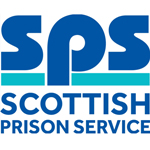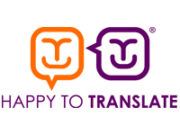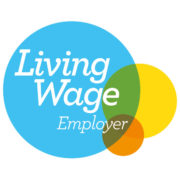Fraud
Fraud is when someone tricks or deceives you to gain a dishonest advantage – usually money, goods, services or property.
Many communities and organisations are coming together to help one another during the Coronavirus outbreak. The vast majority of offers of assistance are genuine but unfortunately there will always be instances where someone in a vulnerable position is taken advantage of.
There are reports of people selling fake testing kits for Coronavirus, setting up bogus websites asking for donations for Coronavirus sufferers, and messages pretending people are being fined for not following government advice.
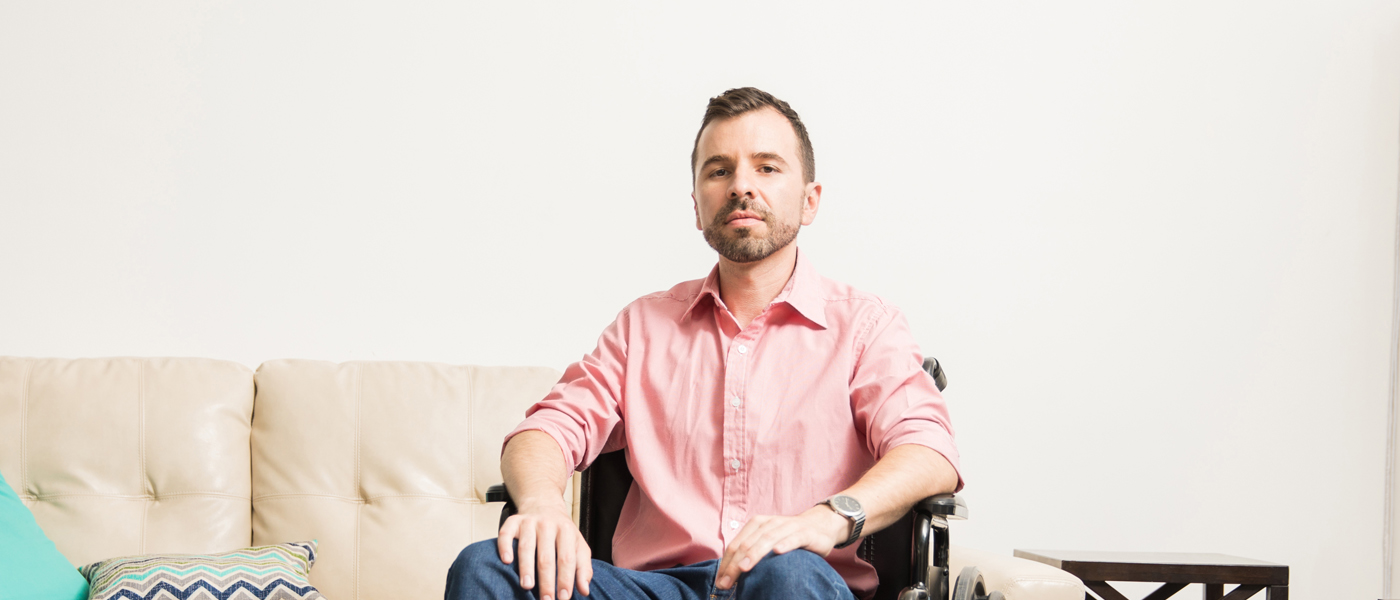
Scammers tend to target people who:
- live alone
- are at home during the day
- have savings or valuables
- are more likely to talk to them, perhaps due to loneliness
With more of us working from home and in isolation as a result of advice from the government, more of us are at risk of being targeted.
In addition to Coronavirus-related fraud, some other common examples include:
- financial scams
- email or social media direct messages
- voicemail or text message scams
- dating apps and websites
- selling counterfeit goods
- grooming
Remember that fraudsters are highly skilled at tricking people into giving up personal details, money, goods, etc. No matter how careful you are, you can still be easily caught out. Try not to blame yourself – it is only the fault of the offender.
Victim Support Scotland is here to help you if you’re been affected by fraud. Call our helpline, 0800 160 1985, or use our webchat service, which you can usually see on the bottom right of this site. Both of these services are free, confidential, anonymous if needed, and run 8am-8pm, Monday to Friday.
Fraud can have an emotional, mental and sometimes significant financial impact on the person who has lost money, goods, services or property. The impact may even spread as far as the community.
People can be affected in many ways, such as:
- Shame
- Embarrassment
- Shock
- Anxiety
- Depression
- Stress
- Sleep disturbance
It is a normal reaction to a crime to have some or all of these emotions and sometimes this can affect your ability to carry out your normal daily tasks.
Police Scotland’s Shut Out Scammers site has information and details on how to protect yourself from fraudsters and the support available.
Please report scams to Police Scotland on 101 or Advice Direct Scotland on 0808 164 6000. Only 5% of fraud and scams are reported, however it is important that we report all instances of fraud to stop it happening to someone else.
You should also contact your bank and credit card company right away. Victim Support Scotland can support you through this process: 0800 160 1985.
Crime can impact you in many ways – emotionally, mentally, physically, financially and practically. That’s why Victim Support Scotland is here to help.
Our support workers and volunteers are available to you in person, over the phone and in the courts throughout Scotland. We support you no matter who you are, and no matter what the crime.
The criminal justice system can be confusing, and we can provide you with practical advice and information to make this process easier. We promise you:
- We will take the time to listen to you
- We won’t judge you
- We will provide you with support in whatever way best suits you
- We will explain your rights in a way you can understand
Our trained and experienced volunteers deliver support throughout Scotland. There is a Victim Support office in every local authority area and we can support you going to court or in your own community (at home or in our offices).
You can access our services regardless of whether you have reported the crime or not to the police. Our services are free, independent and confidential.*
*We will only alert someone else if we feel you are at risk to yourself or to others.
Whoever you are and whatever the crime, we’re here to help
-
Call our free helpline | Mon-Fri, 8am-8pm
0800 160 1985 -
Help near you
Enter town or postcode:
-
Request support
Complete our form

